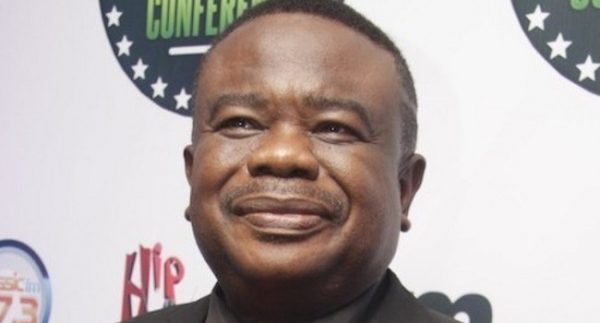Entertainment
COSON rallies Nigerian music industry on ‘No Music Day’
Once again, Nigerian musicians are gathering under the auspices of COSON to draw attention to the myriads of problems plaguing their industry. Like they have done in the last 11 years, the stage has been set, this time to evaluate how much COVID-19 has impacted the industry

BY NICHOLAS ABE
The Nigerian music industry, long held bound by the devastating effect of piracy, had its case further complicated with the outbreak of the coronavirus in the country, since the first quarter of the year 2020.
And like other players in the nation’s economy the music industry and its operators have been badly hit by the disruptive effect of the global COVID-19 pandemic, forcing them to seek for bailout in order to continue to stay afloat.
In the absence of serious governmental support, strong institutional pillars and the only ray of hope, Copyright Society of Nigeria (COSON), weakened by poor policy enactment and judgment on the part of government regulators, the music industry has been left further vulnerable and at the risk of extinction.
This is very unfortunate for an industry that with the rest of the entertainment sector, a few years ago, was celebrated for contributing about 10 percent to Nigeria’s Gross Domestic Product (GDP) of over $500 billion, making the country the biggest economy in Africa.
However, desperate to not only survive but continue to add value to the lives of its members and the nation’s economy, the music industry through COSON, one of Africa’s biggest collective management organisations (CMOs), continues to forge the way forward.
Once again, Nigerian musicians are gathering under the auspices of COSON to draw attention to the myriads of problems plaguing their industry. Like they have done in the last 11 years, the stage has been set, this time to evaluate how much COVID-19 has impacted the industry.
This year’s ‘No Music Day’ on September 1, is being commemorated with the theme, “A Music Industry Challenged by the COVID-19 Pandemic”. The event holds at COSON’s magnificent headquarters in Ikeja, Lagos.
“No Music Day is a day the music industry in Nigeria dedicates annually to bring the attention of the Nigerian nation to the widespread infringement of the rights of song writers, composers, performers, music publishers, record labels and other stakeholders in the nation’s music industry,” Chief Tony Okoroji, the irrepressible chairman of COSON told RELIABLESOURCENG.COM
READ: COSON announces N50m COVID-19 relief fund for musicians
Okoroji said COSON on behalf of the Nigerian Music Industry Coalition, has requested broadcasting stations in the country, as they had done in the past, to devote a substantial amount of broadcast time on Tuesday, September 1 to programmes which highlight the significant abuse of the rights of creative people in Nigeria.
“This is to show solidarity with the Nigerian creative community, ravaged by piracy and other forms of rights infringement,” he said.
He added: “As No Music Day is marked across the country on September 1, COSON has also asked its thousands of members all over Nigeria and other stakeholders in the music industry to engage with the public through the mass media and by vigorous deployment of their social media handles to register their disdain for the widespread contempt for the rights of creative people in Nigeria.”
Okoroji, a major force to the establishment of the Nigerian Copyright Commission (NCC), an agency of government that regulates copyright administration in Nigeria, traced the genesis of ‘No Music Day’ to 2009 when Nigerian artistes embarked on a weeklong hunger strike at the National Theatre in Lagos.
“The hunger strike was a result of the frustration caused by the devastating level of intellectual property theft in the country and was the prelude to what has become known as “No Music Day” in Nigeria. The day was September 1, 2009 when practitioners in the Nigerian music industry asked the over 400 licensed broadcast stations in the country not to broadcast music for a significant period of the day.
“For the first time in human history, on September 1, 2009, the music industry in a nation called for the halt of the broadcast of music on all channels for an entire day. This action captured the imagination of the world.
Shedding light on this year’s event, Okoroji, said: “We wish to underline the fact that at a time of dwindling revenue, when we seek to improve the socio-economic conditions of our people, Nigeria can no longer continue to pay lip service to the protection of its creative industries.”
